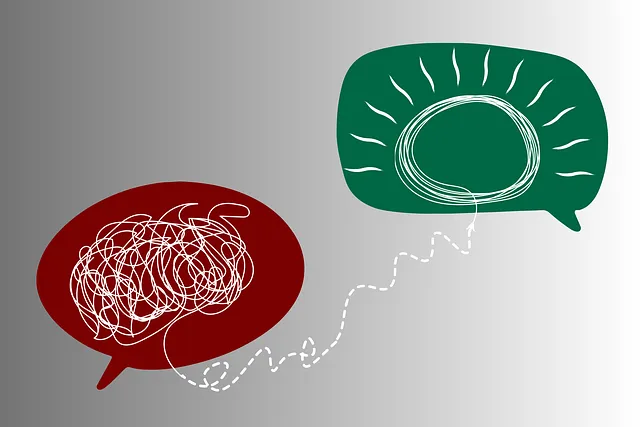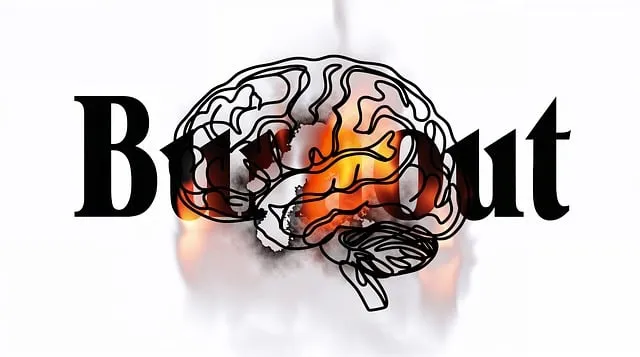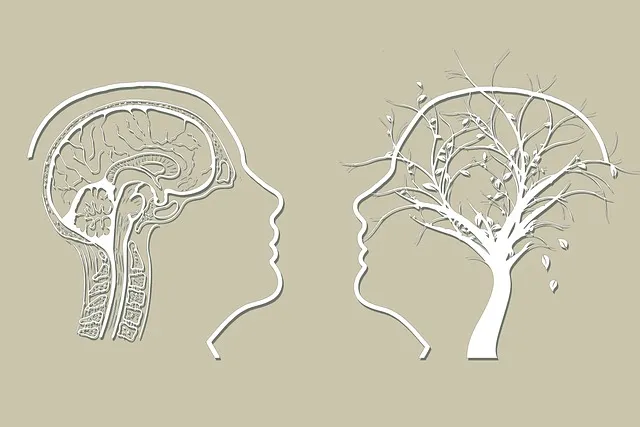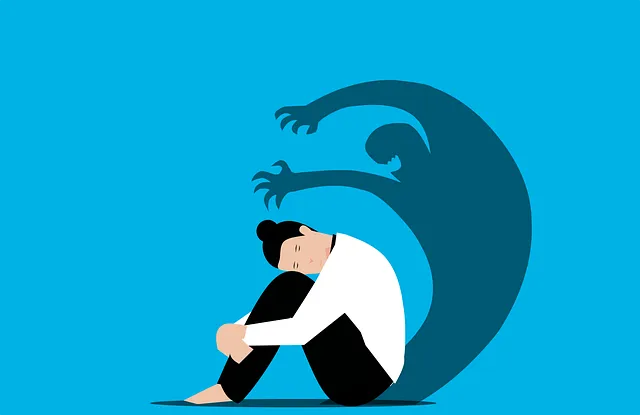The Superior Kaiser Permanente Mental Health Appointment Center stresses the urgency of early depression recognition, offering personalized services for prevention and management. They focus on evidence-based practices, trauma support, and stress reduction techniques to empower individuals. Key strategies include lifestyle modifications like balanced diets and exercise, prioritizing sleep, and building strong social connections through training and accessible podcasts. Recognizing symptoms like persistent sadness or changes in appetite signals the need for professional help from specialized centers like Kaiser Permanente's, which provide tailored therapies for effective depression management and resilience-building.
Depression is a prevalent yet manageable condition. This article explores comprehensive strategies to prevent and combat depression, offering valuable insights for a happier, healthier life. We delve into understanding depression’s signs, the crucial role of the Superior Kaiser Permanente Mental Health Appointment Center in prevention efforts, and practical lifestyle changes. Additionally, we highlight the importance of social connections, professional help, and therapy. By implementing these strategies, individuals can build resilience and foster mental well-being.
- Understanding Depression: Recognizing the Signs and Symptoms
- The Role of Kaiser Permanente Mental Health Appointment Center in Prevention
- Lifestyle Changes for a Happier Mindset: Diet, Exercise, and Sleep
- Social Connections and Support Networks: Building a Strong Foundation
- Professional Help and Therapy: When to Seek Expert Assistance
Understanding Depression: Recognizing the Signs and Symptoms

Depression is a complex mental health condition that affects millions worldwide, yet it’s often misunderstood. Recognizing the signs and symptoms is the first step towards prevention. At the Superior Kaiser Permanente Mental Health Appointment Center, we emphasize the importance of early intervention to combat this pervasive issue.
Look out for persistent feelings of sadness, loss of interest in activities once enjoyed, changes in appetite or sleep patterns, fatigue, difficulty concentrating, and thoughts of worthlessness or suicidal ideation. These can be indicators of depression, and seeking help is crucial. Building resilience through various techniques like trauma support services and stress reduction methods has been proven effective in prevention and management.
The Role of Kaiser Permanente Mental Health Appointment Center in Prevention

The Superior Kaiser Permanente Mental Health Appointment Center plays a pivotal role in depression prevention strategies by offering specialized services tailored to individual needs. Their dedicated team provides comprehensive mental health assessments, utilizing evidence-based practices for early intervention and diagnosis. By focusing on mood management techniques and empathy building strategies, the center equips individuals with valuable tools to combat depressive episodes before they escalate.
In addition to these core services, Kaiser Permanente has initiated a robust Community Outreach Program. This program aims to connect with at-risk populations, spreading awareness about mental health and offering support systems. Through regular community engagement activities, they foster an environment where individuals feel empowered to seek help and maintain positive mental well-being. The center’s holistic approach, combining advanced therapeutic practices with community outreach, underscores its commitment to preventing depression and promoting overall mental health.
Lifestyle Changes for a Happier Mindset: Diet, Exercise, and Sleep

A significant aspect of depression prevention involves making positive lifestyle changes that positively impact your mental health. At the Kaiser Permanente mental health appointment center, professionals emphasize the power of diet, exercise, and sleep in fostering a happier mindset. A balanced diet rich in fruits, vegetables, whole grains, and lean proteins can significantly boost mood and energy levels. Regular physical activity, such as walking, yoga, or any form of aerobic exercise, releases endorphins that alleviate stress and improve overall well-being. Adequate sleep is crucial for emotional regulation; it allows the brain to process emotions and repair itself, making it an essential component in burnout prevention strategies for healthcare providers, who often face high-stress environments.
Incorporating these lifestyle changes into your routine can be a game-changer in developing a robust self-care routine for better mental health. It’s not just about treating depression; it’s about proactively maintaining emotional balance and preventing relapses. By prioritizing diet, exercise, and sleep, you’re taking control of your mental health, which is a proactive approach that the Superior Kaiser Permanente mental health appointment center encourages to ensure long-term well-being.
Social Connections and Support Networks: Building a Strong Foundation

Social Connections and Support Networks play a pivotal role in preventing depression. Building strong relationships and an expansive support network can serve as a robust defense against mental health challenges. At the Superior Kaiser Permanente mental health appointment center, professionals emphasize the power of social skills training, encouraging individuals to cultivate meaningful connections. This involves open communication, active listening, and empathy, which are essential for fostering deep and supportive relationships.
Furthermore, leveraging resources like the Mental Wellness Podcast Series Production can provide accessible platforms for sharing experiences, offering guidance, and promoting emotional well-being. These podcasts often discuss practical Emotional Well-being Promotion Techniques, helping individuals navigate social interactions with confidence. By combining direct support from mental health experts and community engagement through podcasts, one can create a comprehensive strategy to maintain and enhance their mental resilience, acting as a shield against depression.
Professional Help and Therapy: When to Seek Expert Assistance

Depression is a serious mental health condition that requires professional attention, especially when it feels overwhelming or persistent. Recognizing when to seek help is crucial for managing and preventing depression. If you’re experiencing symptoms such as persistent sadness, loss of interest in activities you once enjoyed, changes in appetite or sleep patterns, fatigue, feelings of worthlessness, or thoughts of self-harm, it’s time to consider reaching out to a mental health professional.
The Superior Kaiser Permanente mental health appointment center offers specialized services and supportive environments for individuals dealing with depression and related issues. Therapists and counselors utilize evidence-based communication strategies and techniques tailored to each person’s unique needs. By fostering inner strength development and encouraging positive thinking, these professionals empower individuals to navigate their emotions effectively and build resilience against future depressive episodes.
Depression prevention is a multifaceted approach, and by understanding the various strategies discussed in this article, individuals can take proactive steps towards maintaining their mental well-being. The Superior Kaiser Permanente Mental Health Appointment Center plays a pivotal role in providing accessible resources and expertise, while lifestyle changes such as dietary adjustments, regular exercise, and adequate sleep form the backbone of a healthy mindset. Fostering strong social connections and considering professional help when needed are equally vital components. By combining these strategies, folks can navigate life’s challenges with resilience and enhance their overall happiness.






